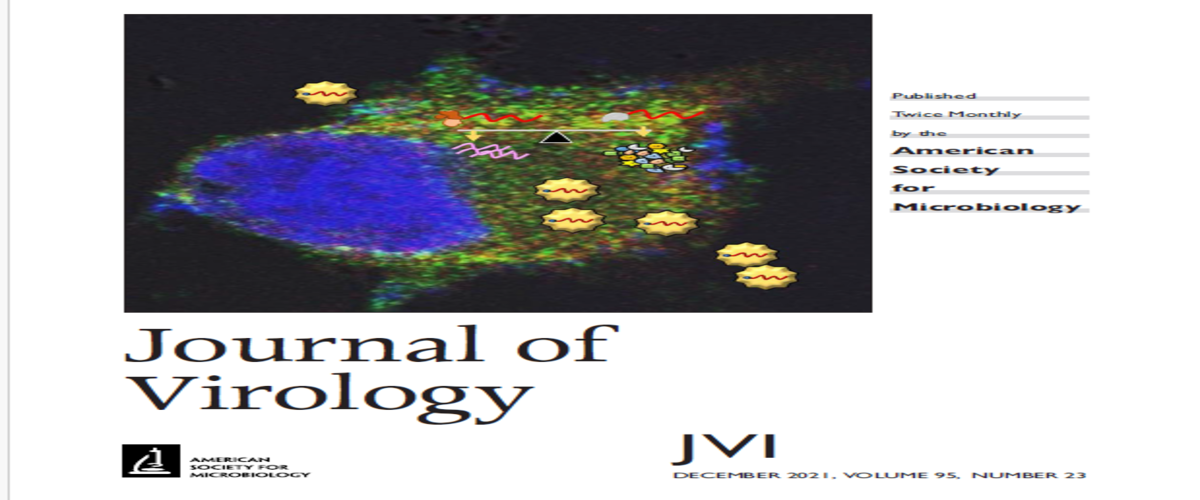
_1707370694.png)
_1707370733.png)
_1707371179.png)
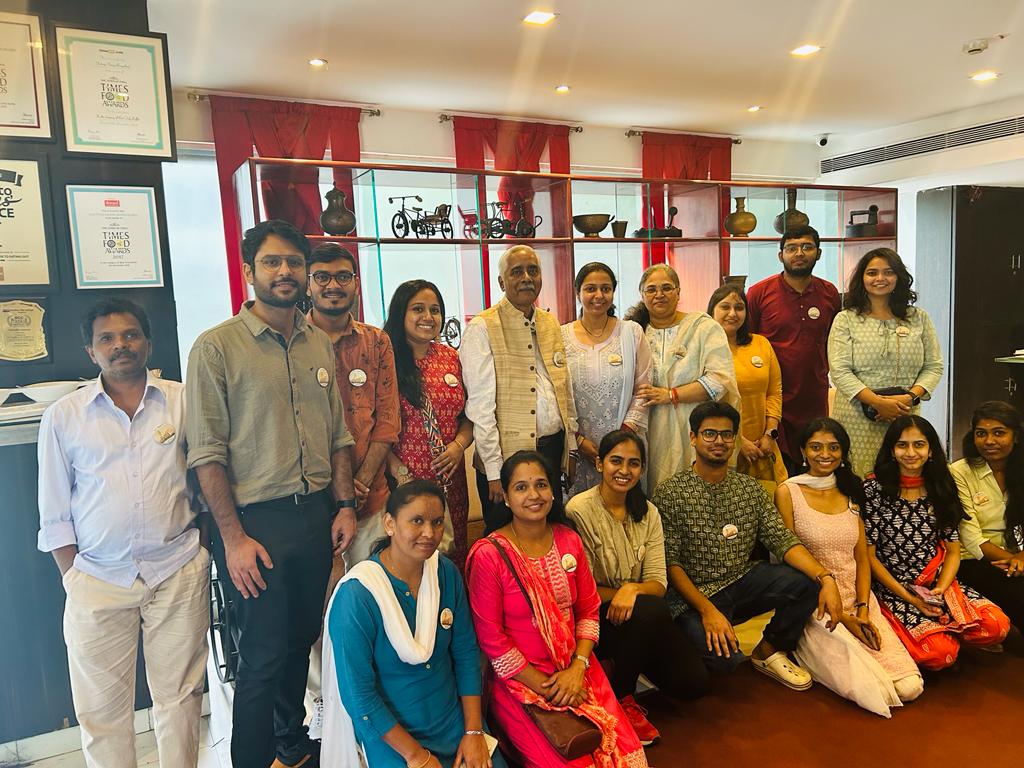

_1707370694.png)
_1707370733.png)
_1707371179.png)

We are studying the Biology and Pathogenesis of RNA viruses, unravelling the mechanisms, and exploring novel targets for effective therapeutic interventions. The primary focus is on Hepatitis C virus. Recently, we broadened the focus to understand the role of host factors in the replication of other RNA viruses, which include Coxsackievirus B3, Dengue virus, and SARS-CoV-2.
Parallely, we are investigating the functional role of p53 and its translational isoform, Δ40p53 in oncogenic transformation and the stemness of cancer stem cells. Particularly, investigating the fundamental mechanism of HCV-induced HCC and deciphering the role of p53 isoforms for p53-dependent drug development.
RNA viruses are the most serious threat to human health in the modern age. While viral load can be managed in some patients with the available direct-acting antiviral drugs, it is difficult to stop the disease progression due to extensive cellular damage. In this context, our lab is unfurling the ‘Mysteries of RNA viruses’ and exploring novel targets for effective therapeutic interventions. We have identified important host determinants and key players that are central to viral proliferation and disease progression.
The liver is the home to the hepatitis viruses, where they multiply and cause tissue damage. What controls their life within the liver is another major research interest of our group. Our laboratory focuses on HCV infection, which causes liver cirrhosis and often leads to hepatocellular carcinoma. HCV is a single-stranded RNA virus that delivers its +ve strand RNA genome into the host cytoplasm. Following entry, translation of HCV-RNA is the initial obligatory step for viral replication. The viral RNA translation is mediated by the ‘Internal Ribosome Entry Site’ (IRES) element present at the 5’-untranslated region (UTR) of the RNA template. Ribosome binding to the HCV-IRES is unique and fundamentally different from the cellular mRNA; it is influenced by several trans-acting host proteins and cis-acting elements. Our laboratory has extensively studied the mechanisms of HCV life cycle and pathogenesis to identify novel targets.
As part of the virtual center for HCV research, we explored small molecule inhibitors from natural sources. We have isolated potent anti-HCV molecules from pomegranate and Phyllanthus amarus that effectively suppress the NS3 protease, a crucial HCV enzyme required for HCV RNA replication. The efficacy of these natural compounds was shown in vivo in HCV-infected humanized mice harboring human hepatocytes. We established all the required assay systems indigenously and used them to discover effective inhibitors, which not only reduce HCV titer but also offer protection against liver damage. These small molecule inhibitors are of potential commercial use. Additionally, our group has unraveled the molecular mechanisms and outlined a vision to develop better antivirals using similar approaches.
More importantly, our research group has developed several platforms for effective HCV vaccines, which generate robust immune responses in mice. Initial results with the vaccine regimen (genotype 3a, customized for the Indian population) in pigs elicited a good immune response, and it is now being tested in large numbers before the pre-clinical trials. If successful, it would be the first vaccine against the Hepatitis C-genotype 3a strain, specific to the Indian subcontinent.

We have shown that the mechanism of 40S ribosome and HCV RNA interaction is unique and fundamentally different from the host, which can serve as an excellent target for an antiviral. The studies have provided the ‘proof of concept’ that the interaction between ‘Ribosome and HCV RNA’ can be selectively targeted to inhibit HCV proliferation. These targets are being exploited for rational designing of antiviral agents that can inhibit different steps of HCV infection. In parallel, we have developed a candidate vaccine (VLP-based) against HCV, customized for Indian population and also identified small molecule inhibitors of HCV replication from natural sources.
The fundamental discoveries and innovative and translational research of our laboratory have resulted in a large number of publications in internationally respected journals and patent applications. Part of our research highlights was presented in the Institute colloquia and the Biological Science’s divisional colloquia.
The knowledge generated has been extended to understand the molecular mechanism of HCV-induced hepatocellular carcinoma using cell culture and clinical samples in collaboration with SGPGI-Lucknow, IPGMER-Kolkata, and other hospitals. We are investigating the fundamental mechanism of HCV-induced HCC.
Coxsackievirus B3 (CVB3) is a positive-strand RNA virus. CVB3 is known to hijack the host translation machinery upon entry into the host cell by cleaving the translation factor, eIF4G1. The viral RNA, similar to HCV, depends on an IRES-mediated translation. From our lab, we have identified many host factors such as La, PTB, PSF, and hnRNPC1/C2 as ITAFs required for viral translation. Recently, we have identified a microRNA, miR-22, as a negative regulator of the IRES-mediated translation of CVB3. We also identified DAP5 as the translation factor used for the initial round of viral RNA translation. CVB3 is one of the most common pathogens known to cause acute myocarditis. It also causes pancreatitis and aseptic meningitis. Currently, we are investigating the possible involvement of host factors (such as HuR) in CVB3-induced pathogenesis.
Dengue virus infection leads to Dengue shock syndrome (DSS), which can lead to patient death. We have demonstrated how exosomal miRNAs (miR-16-5p and miR-146a-5p) are differentially regulated upon dengue virus infection and could be used as prognostic markers for disease severity. We are also studying the role of virus-encoded miRNAs and host miRNAs in Dengue virus RNA replication and how their dysregulation contributes to virus-induced pathogenesis.
We have shown how the host factor, Human antigen R (HuR), differentially regulates the translation of structural to non-structural proteins of the virus by modulating the ratio of genomic and sub-genomic RNA.
More recently, we have developed a SARS-CoV-2 Virus-like particle (VLP), a platform to evaluate the impact of the emerging mutations in different Variants of Concern (VoC). Specific mutations have been incorporated in the VLP, and alterations are being investigated in the context of viral entry, immunogenicity, and pathogenicity. The VLP showed potential as a candidate vaccine that is equally effective against the variants.
p53, commonly known as the ‘Guardian of the genome’, can transactivate numerous target genes involved in cell cycle regulation and apoptosis. This protein is mutated in over 50% of human cancers and has twelve isoforms. We found that Δ40p53, the only translational isoform of p53, is generated by internal initiation of translation and orchestrated by a range of IRES trans-acting factors (ITAFs) such as Polypyrimidine tract-binding protein (PTB), Annexin A2, PTB-associated Splicing Factor (PSF), DAP5, hnRNP C1/C2, and SMAR1, etc. We are also working on miRNA (miR-1285) and lncRNA (LINC00176) mediated regulation of the synthesis of p53 isoforms and studying the consequences in cancer progression and cellular processes. Moreover, we are also trying to understand the role of p53 isoforms in HCV-induced hepatocellular carcinoma.
The significant and substantial contribution of our research includes the fundamental discoveries on the biology of multiple RNA viruses that are directly translated into ways to treat several diseases.
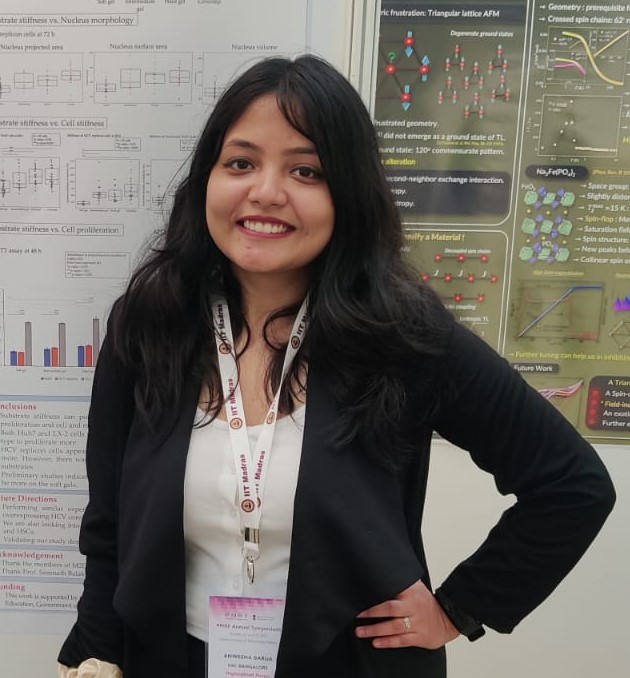
Email : anweshabarua@iisc.ac.in
Designation : phd_student
Category : Molecular and Cellular Biology
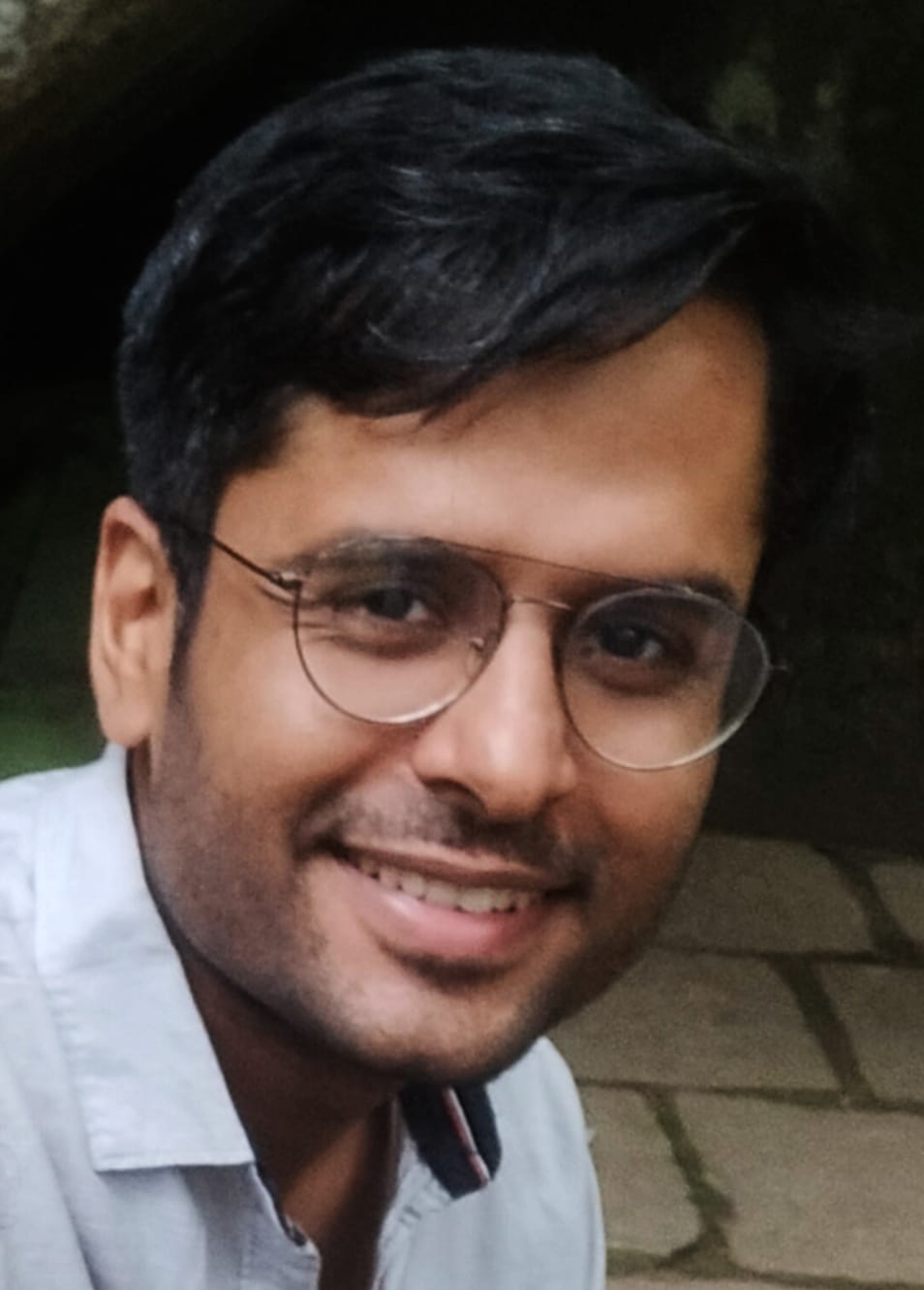
Email : ashishaneja@iisc.ac.in
Designation : Phd Student
Category : Microbiology, Virology, and Immunology
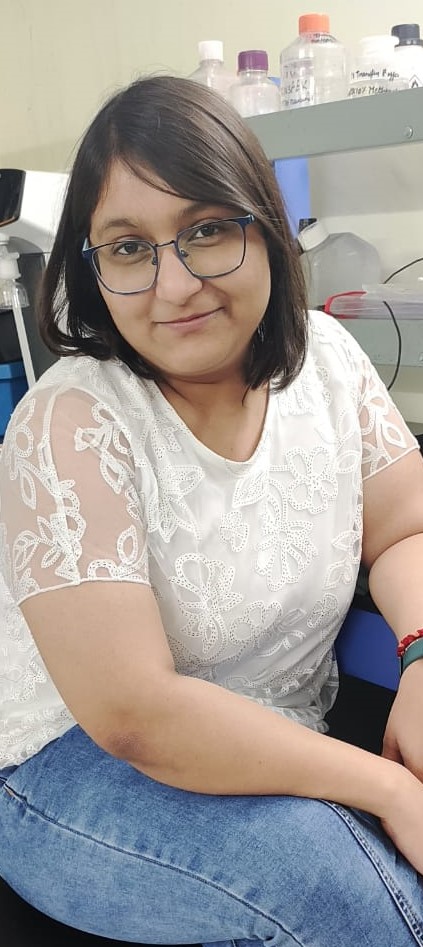
Email : rastogi.m0@gmail.com
Designation : Postdoc
Category : Microbiology, Virology, and Immunology
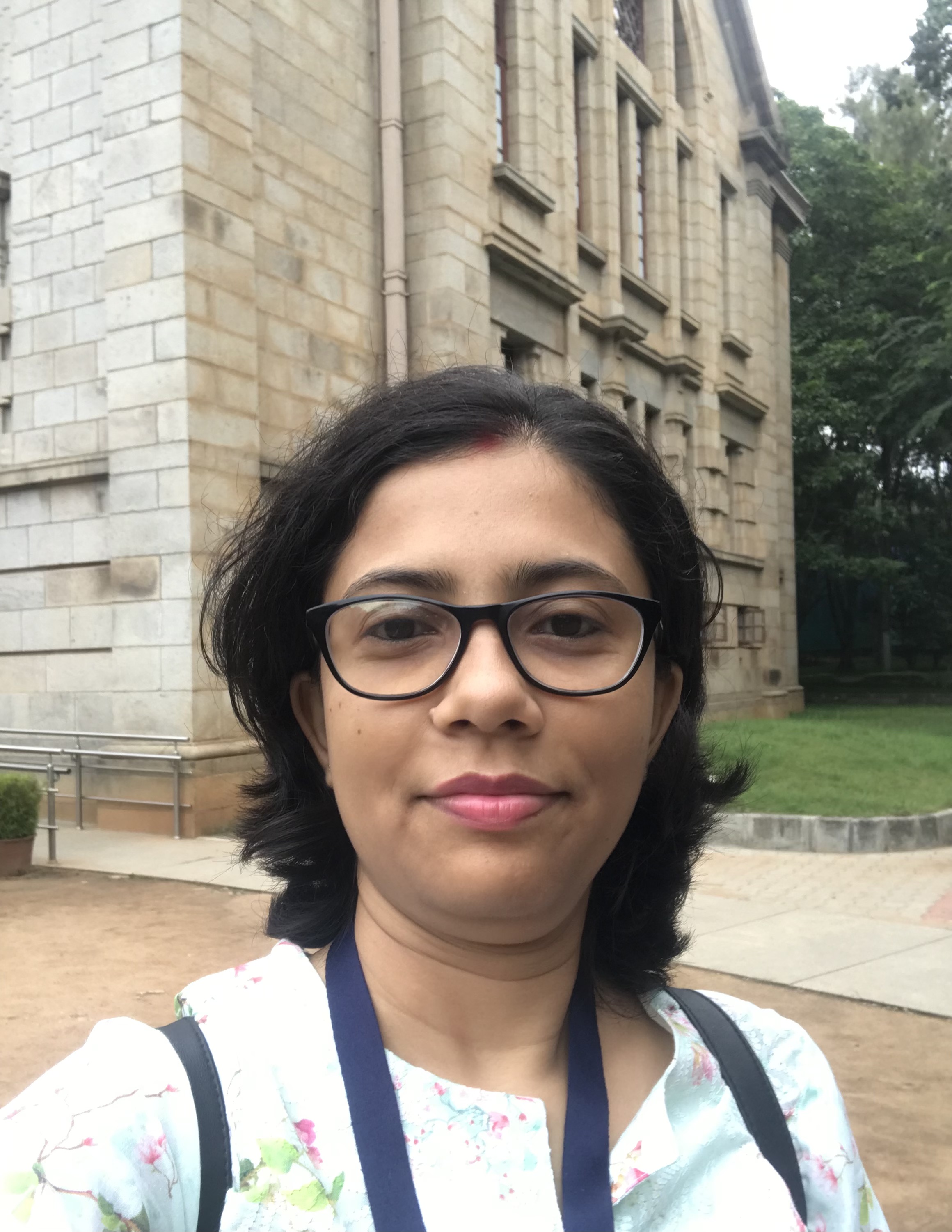
Email : piyankip@gmail.com
Designation : Postdoc
Category : Microbiology, Virology, and Immunology
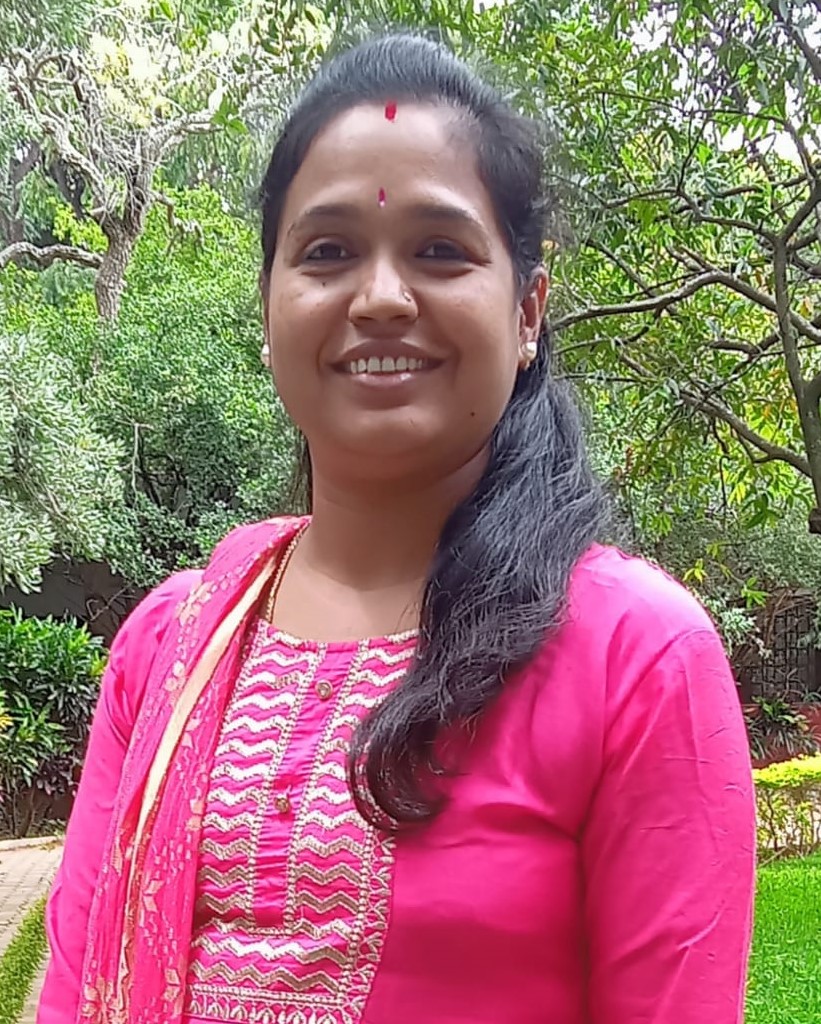
Email : kavithav@iisc.ac.in
Designation : support_staff

Email : madhuryamurthy21@gmail.com
Designation : research_assistant
Category : Microbiology, Virology, and Immunology

Email : mauliksadhu@iisc.ac.in
Designation : phd_student
Category : Microbiology, Virology, and Immunology
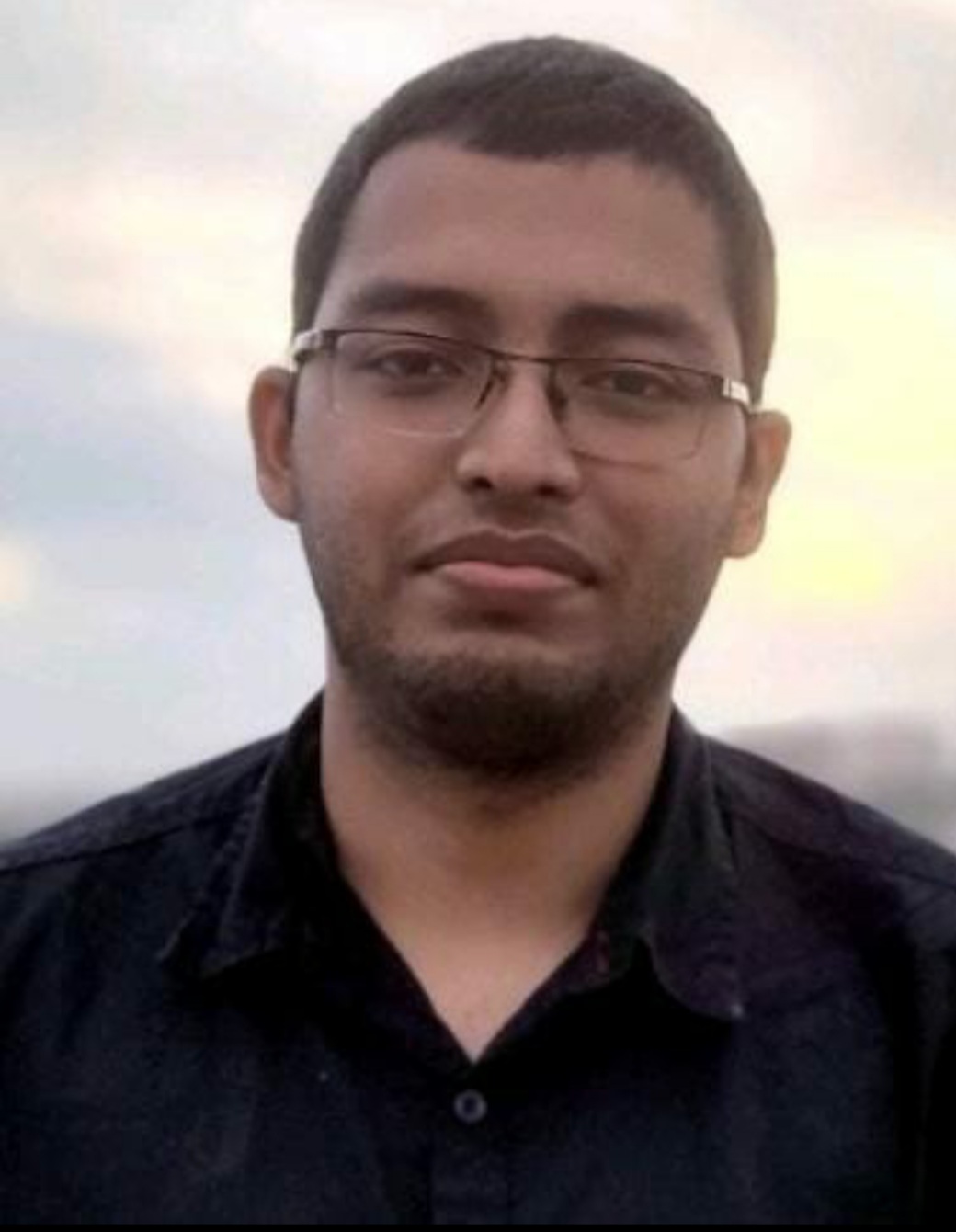
Email : pritamkumar@iisc.ac.in
Designation : phd_student
Category : Microbiology, Virology, and Immunology

Email : risabhsahu@iisc.ac.in
Designation : phd_student
Category : Microbiology, Virology, and Immunology
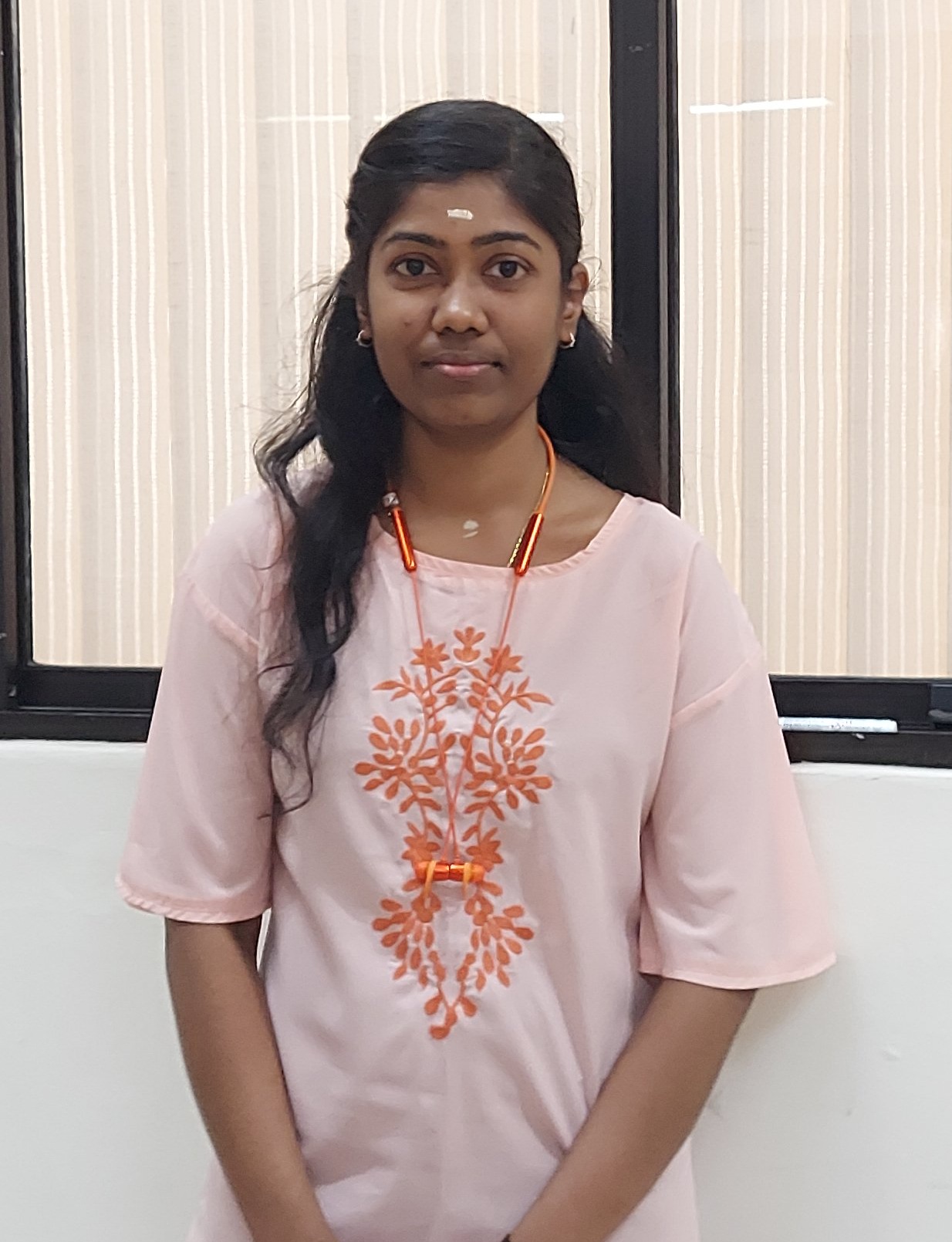
Email : sabarishreev@iisc.ac.in
Designation : phd_student
Category : Microbiology, Virology, and Immunology
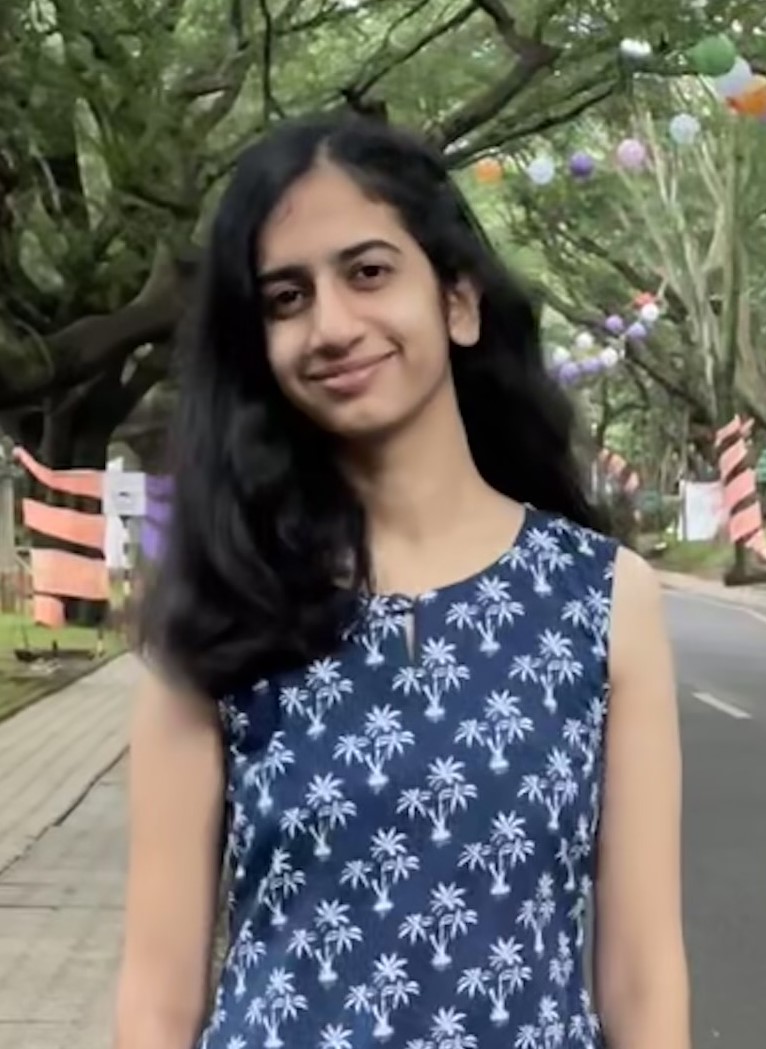
Email : teji@iisc.ac.in
Designation : Phd Student
Category : Microbiology, Virology, and Immunology

sarandkar@actrec.gov.in

debjit.khan@gmail.com

prasannabhat1@gmail.com

anuj87iisc@gmail.com

ash031@gmail.com

aanchalkatoch@gmail.com

pratikdave109@gmail.com

geetika1989sharma@gmail.com

aunjipradhan@alum.iisc.ac.in

sachint@iisc.ac.in

harsharaheja@iis.ac.in

apalapal@iisc.ac.in

priyarani@iisc.ac.in